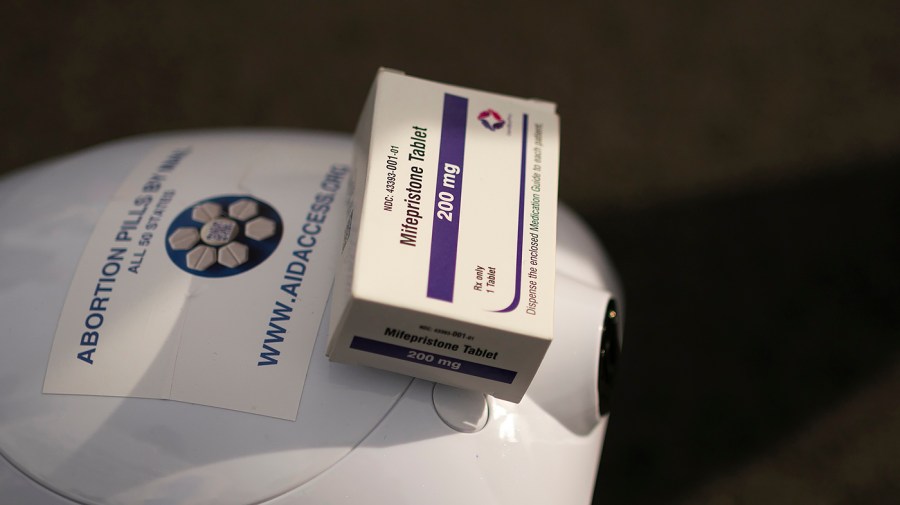
In a move that could significantly alter the landscape of reproductive rights in the United States, former President Donald Trump has voiced his intention to challenge the current regulations surrounding the abortion pill. This announcement has sparked a heated debate, highlighting the complex interplay between reproductive rights, public health, and political agendas.
The abortion pill, a medical procedure that has been legal and widely used in the U.S. for years, is now at the center of a contentious discussion. Critics argue that the pill is not only used for consensual abortions but is also misused in coercive situations, such as when women are drugged by partners or forced to abort by sex traffickers. This aspect has been a rallying point for anti-abortion activists who seek stricter regulations.
The Controversy Surrounding the Abortion Pill
The abortion pill, comprising mifepristone and misoprostol, has been approved by the Food and Drug Administration (FDA) since 2000. It is considered a safe and effective method for terminating early pregnancies. However, the pill’s accessibility has been a double-edged sword, with reports of misuse in coercive scenarios.
According to a study published in the journal “Contraception,” there have been instances where women have been coerced into taking the pill without their consent. This misuse has been particularly prevalent among victims of sex trafficking, where control over reproductive choices is often stripped away.
“The abortion pill is a tool of empowerment for many, but for some, it becomes a tool of oppression,” said Dr. Emily Jackson, a reproductive health specialist.
Trump’s Stance and Political Implications
Trump’s recent statements suggest a potential shift in how the abortion pill is regulated. His position aligns with the broader anti-abortion movement, which has gained momentum following the Supreme Court’s decision to overturn Roe v. Wade. This decision has already led to a patchwork of abortion laws across the country, with some states enacting near-total bans.
Trump’s proposal to “shatter the abortion pill cartel” is seen by many as an appeal to his conservative base, aiming to galvanize support ahead of potential future political endeavors. However, it also raises questions about the balance between protecting vulnerable individuals and preserving reproductive rights.
Expert Opinions and Historical Context
Experts in reproductive health and law have weighed in on the implications of changing abortion pill regulations. Some argue that increased restrictions could lead to more unsafe abortions, while others believe stricter oversight could prevent abuse.
Historically, the battle over abortion rights has been fraught with legal and ethical challenges. The introduction of the abortion pill was initially seen as a way to provide safer, more private options for women. However, as with any medical advancement, it has not been immune to misuse.
“We must ensure that while we protect women from coercion, we do not inadvertently limit their autonomy,” noted Professor Linda Greenfield, a legal scholar specializing in women’s rights.
Looking Ahead: The Future of Reproductive Rights
The debate over the abortion pill is likely to continue as political and social dynamics evolve. As the nation grapples with the implications of recent legal changes, the focus will remain on finding a balance that respects both individual rights and public safety.
For now, the conversation around the abortion pill serves as a microcosm of the larger reproductive rights debate, reflecting broader societal tensions. As stakeholders from various sectors weigh in, the future of reproductive health policy in the United States remains uncertain.
Ultimately, the path forward will require careful consideration of both the benefits and potential harms of the abortion pill, with an emphasis on protecting the most vulnerable while preserving essential freedoms.





